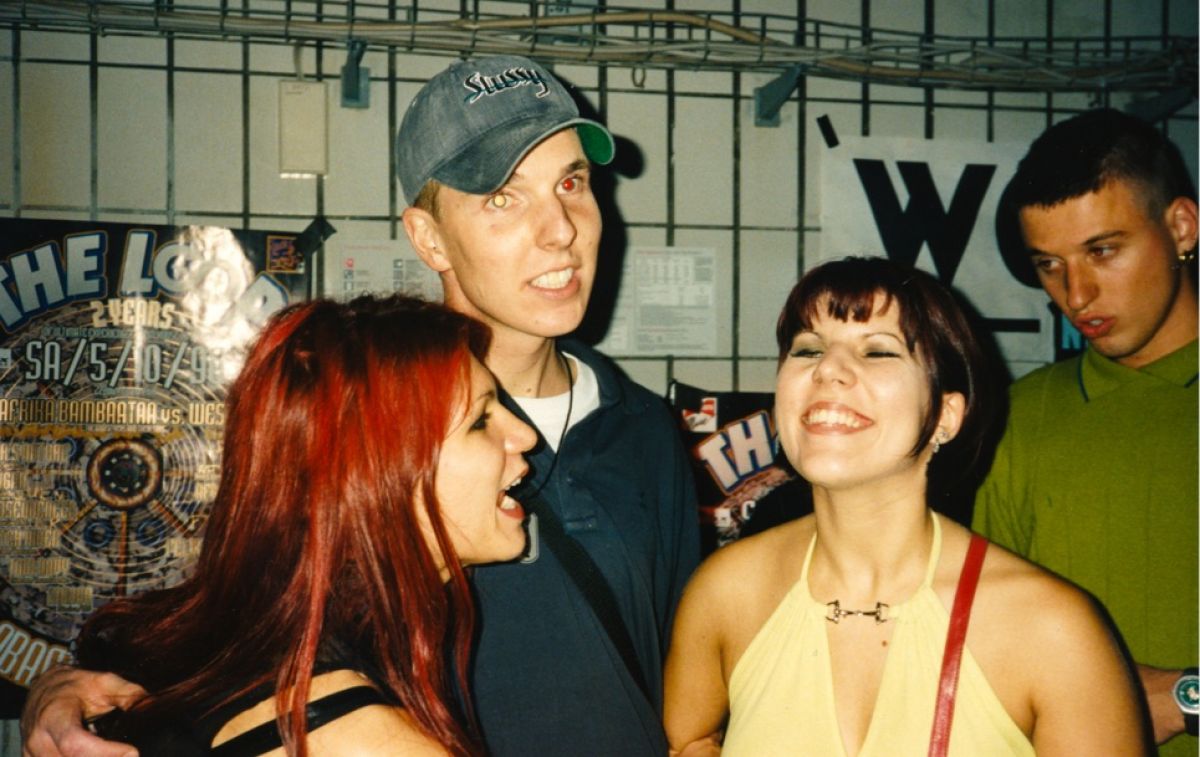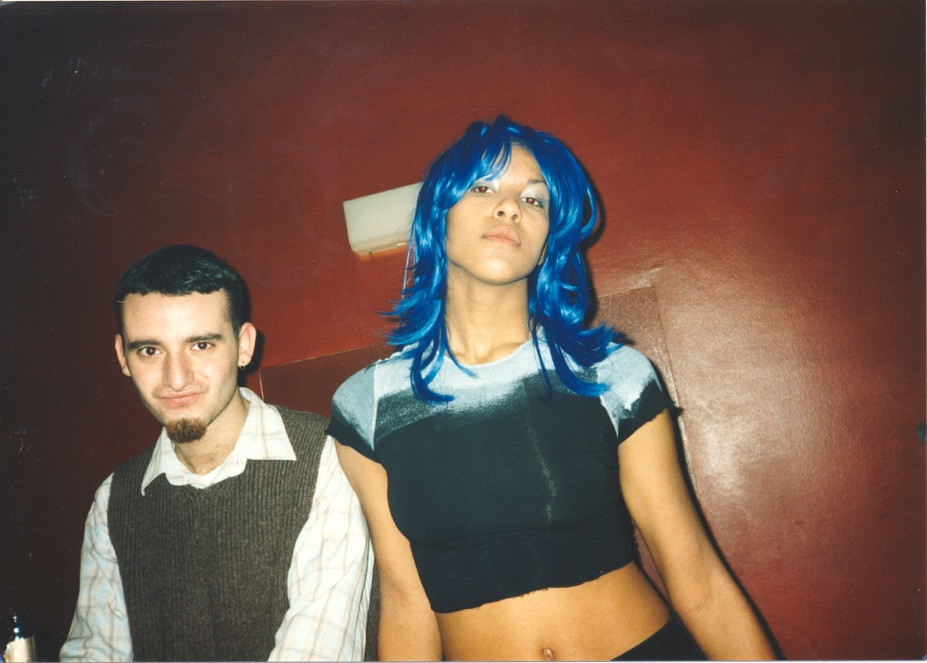MMA CLUB (Mixed Munich Arts Club)
During its relatively brief lifespan, MMA gained a well-deserved reputation as one Germany’s finest bastions of techno and after-hours excitement, notably expanding the usual nightclub remit to also offer exhibitions, theatre and even fine dining.
When: 2014 – 2019
Who: MMA was co-founded by Mark Maurer and Mathias Arifin, the latter a long-time Munich club promoter, as well as architect Constantin Mascher. Throughout five thunderously successful years prior to its closure, MMA played host to a Who’s Who of international DJ talent, including Ben Klock, Len Faki, Marcel Dettmann, Richie Hawtin, Charlotte de Witte, Adam Beyer, Maceo Plex, Amelie Lens and Ben Sims, to name just a few. Among its much-loved residents were the likes of Essika, Javier Bähr and Svar.
Where and what happened?
Housed in a former 1930s power plant, MMA brought a new and positive energy into an area with a disturbing history. Back in the 1930s, it was one of various properties linked by underground passages, which served the National Socialist German Workers’ Party, more widely known as the Nazi Party. After World War Two, the building was acquired by the Munich City Utilities company. Decommissioned in 2006, it remained empty until 2013, when over 300 tons of old steel turbines, machinery and pipes were removed from the property to create this raw yet fantastical 21st Century nightclub venue. MMA opened to huge media fanfare in 2014.
The main MMA room housed a massive 460 square metres dancefloor, with 21 metres high walls. A smaller basement room, as well as special project room for art exhibitions and installations, and two other gallery spaces, not to mention artists’ studios, completed the multi-media environment. Bricked up windows lining the walls over the main dancefloor would be lit up come nightfall in hues of blue and red, adding to a dramatic, cathedral-like ambience as clubbers succumbed to the seductive techno throb. There was deliberately no VIP room at MMA, as its founders wanted a welcoming policy of inclusivity and equality. A similar open-minded approach was adopted to the DJ roster, whereby the MMA booker Human Rias ensured famed names from the international techno hierarchy could exist seamlessly with emerging German talents such as Kobosil and Etapp Kyle. There was even an in-house Indian restaurant, named Electric Elephant.
This attention to detail and warmth of approach ensured on any given night there could be more than 1,400 people on the main dancefloor, with hundreds more queuing outside the venue, desperate to get in. The Guardian described MMA as a ‘towering techno temple that rivals any in Berlin...’, and it won first place in the ‘Music’ category at the Munich Nightlife Awards of 2016. Alas, unstoppable gentrification brought about the club’s demise: the building’s owners sold it to a property company so that it could be demolished and turned into housing. Despite a high-profile campaign to save MMA, with thousands signing the #SaveMMA petition as well as street protests and much sympathetic media coverage, the club was finally forced to close in April 2019.
Memorable MMA moments: The many club nights which casually ran until 10am the following day, or on other occasions lasted for 48 hours non-stop. The pop-up MMA beach bar on Munich’s Praterinsel island, at which vegan fare and cocktails were served to a backdrop of low-key electro from live DJ’s. The combination of euphoria and melancholy experienced during Adam Beyer’s set at the club’s closing down party: the end of an era.




